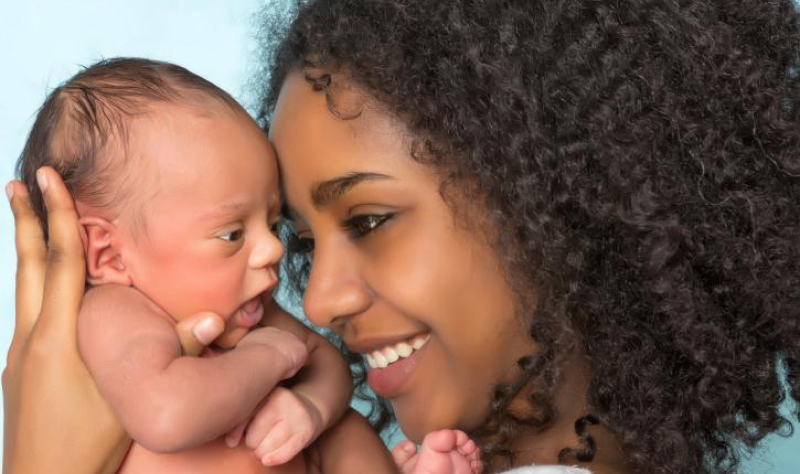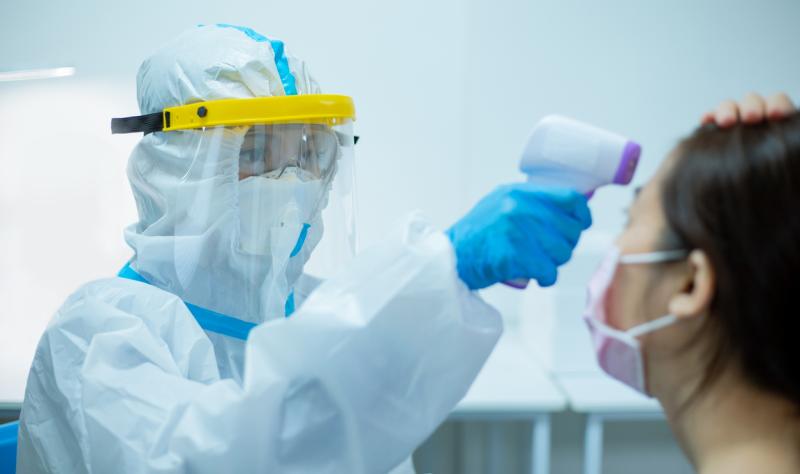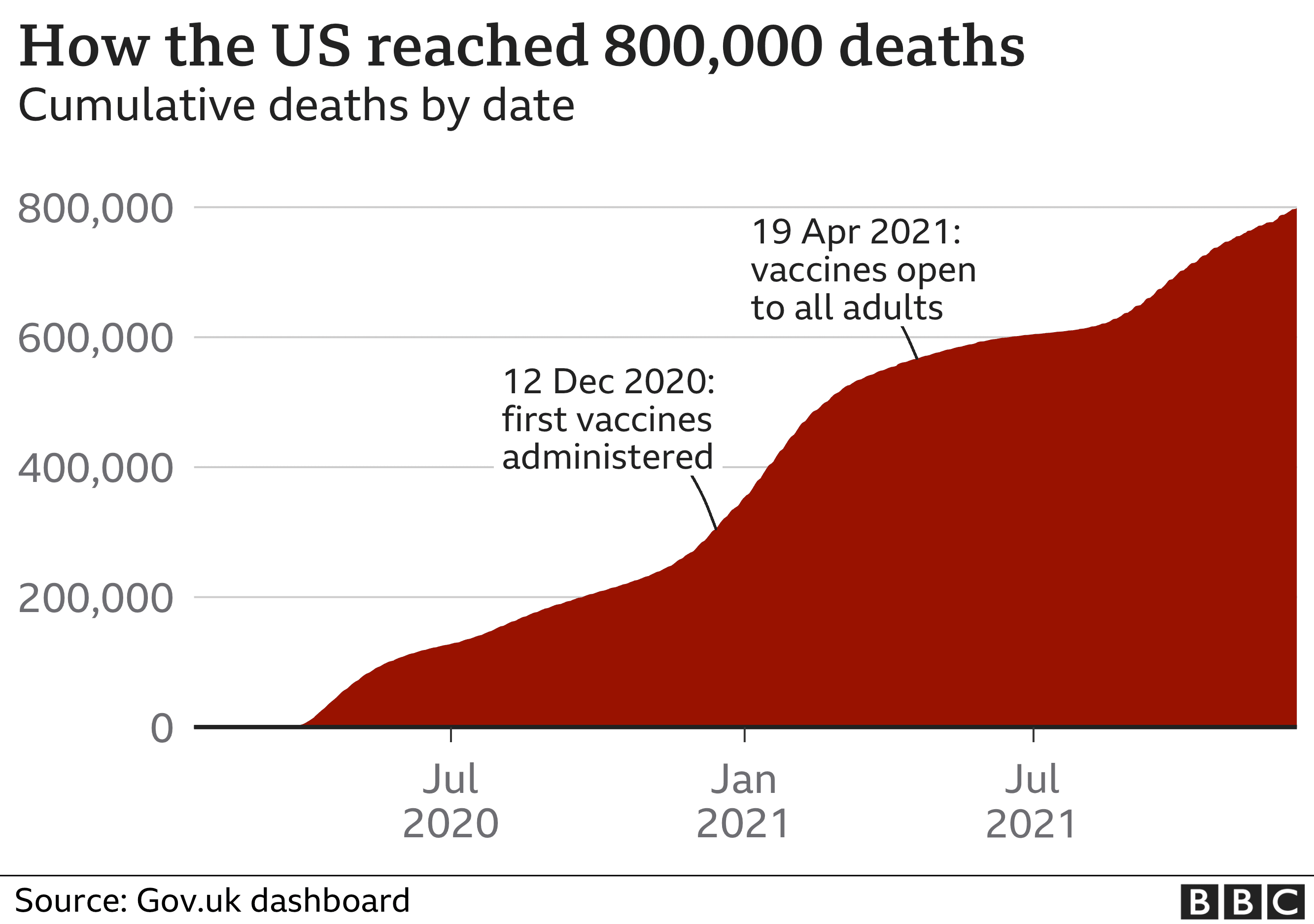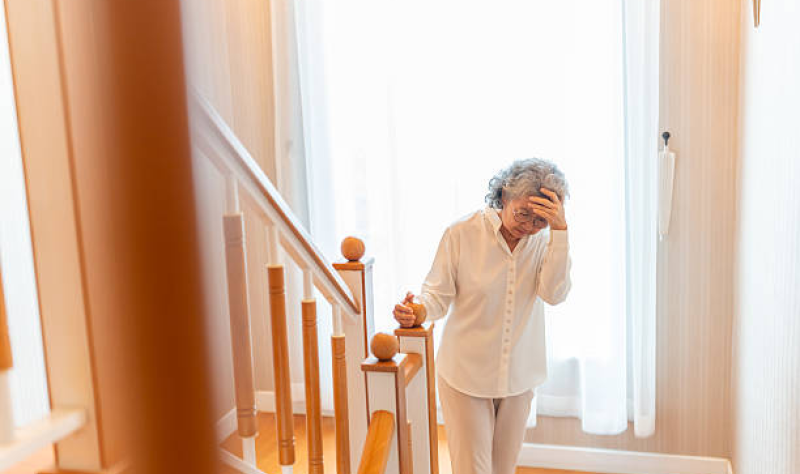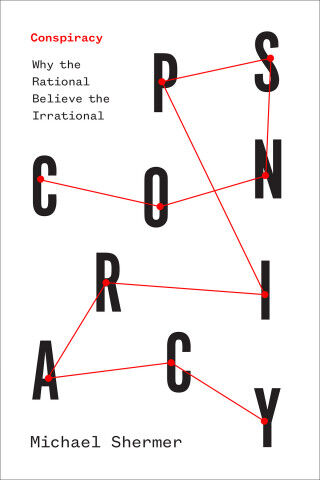Religious group sues S.F. for denying religious exemptions to COVID vaccine mandate
Religious group sues S.F. for denying religious exemptions to COVID vaccine mandate San Francisco Chronicle


San Francisco, the first major U.S. city to require its employees to be vaccinated against COVID-19, is being sued by four former workers who say the city should have granted their requests for religious exemptions.
“San Francisco is excluding religious observers from continued employment,” lawyers from the Pacific Justice Institute, a conservative religious nonprofit, said in the lawsuit filed Wednesday in federal court.
The case is not unique — claims of religious discrimination in vaccine mandates have been filed in federal courts nationwide, with little success. And as those courts have noted, in 1905 the Supreme Court rejected a pastor’s challenge to a smallpox vaccine mandate for adults in Cambridge, Mass., ruling that his claims of individual liberty were outweighed by the need for public safety.
What may be noteworthy about the San Francisco case is that, among the city’s 35,000 employees, 1,070 have asked for religious or medical exemptions since the vaccination order was issued in June 2021. Eight religious exemptions and 10 medical exemptions have been granted, said Mawuli Tugbenyoh, spokesperson for the Department of Human Resources.
What about the others?
“To my knowledge, the rest were fired or forced into retirement,” said Kevin Snider, lead attorney in the lawsuit.
But Tugbenyoh said most of the objectors had eventually agreed to be vaccinated, and only a small number, perhaps 10%, left involuntarily. One prominent example was the executive director of the San Francisco Film Commission, Susannah Greason Robbins, who was resigned at the end of last year after being denied a religious exemption.
Under the city’s rules, employees who can show a conflict between the vaccine mandate and their religious beliefs, or are allergic to ingredients in available vaccines, still stand to lose their jobs unless a 60-day search by the employee and city officials finds another suitable position that would not endanger other employees or the public.
For San Francisco employees, “the vaccine requirement applies across the city,” Tugbenyoh said. “You can’t just work from home.”
The suit said the 60-day search — “a fool’s errand,” as the lawyers described it — failed to find replacement jobs for three of the plaintiffs, a customer service worker, a utility service supervisor and an engineer. The fourth, a construction inspector, was told he had failed to show he had religious convictions that barred vaccination.
The plaintiffs’ lawyers accused the city of an anti-religious bias.
Department of Human Resources staff were given guidelines that caused them to use “a jaundiced eye” when considering requests for religious exemptions, the attorneys wrote. They cited a slide shown to staff that told them to reject “personal choices or fears cloaked as religion.”
But some employees “have religious convictions that overlap personal and religious views,” the suit said. “An employee might believe in the sanctity of life or that a Christian’s body literally houses the Holy Ghost,” a belief that would prohibit use of any vaccine “developed from the use of aborted fetal tissue.”
Though fetal cells were used in research that led to the development of coronavirus vaccines, none of the leading vaccines, such as those manufactured by Pfizer and Moderna, contain fetal cells. The city noted that the Conference of Catholic Bishops and the Southern Baptist Ethics and Religious Liberty Commission have approved the use of those vaccines.
That shows that the city is trying to “identify heretics” by denying such claims for religious exemptions, the suit said.
It also said San Francisco is unfairly requiring objectors to show they have a sincere belief in an established or recognized religion.
“Because faith is intrinsically subjective, a religious objector cannot be held to an objective measure of proof regarding what lay within his or her heart, mind, and soul,” the suit said. It seeks reinstatement of the employees, damages and court orders against the city’s standards for exemptions to the vaccine mandate.
Another suit on behalf of three city employees, also represented by the Pacific Justice Institute, was filed in March claiming that the vaccine was derived from fetal cells, violated their religious beliefs and was ineffectual against the disease. Their request to overturn the vaccine mandate was rejected Sept. 23 by U.S. District Judge Jeffrey White of Oakland, who said their claims “fly in the face of scientific consensus” and were contrary to the public interest in health. The plaintiffs have appealed.
Bob Egelko is a San Francisco Chronicle staff writer. Email: begelko@sfchronicle.com Twitter: @BobEgelko

